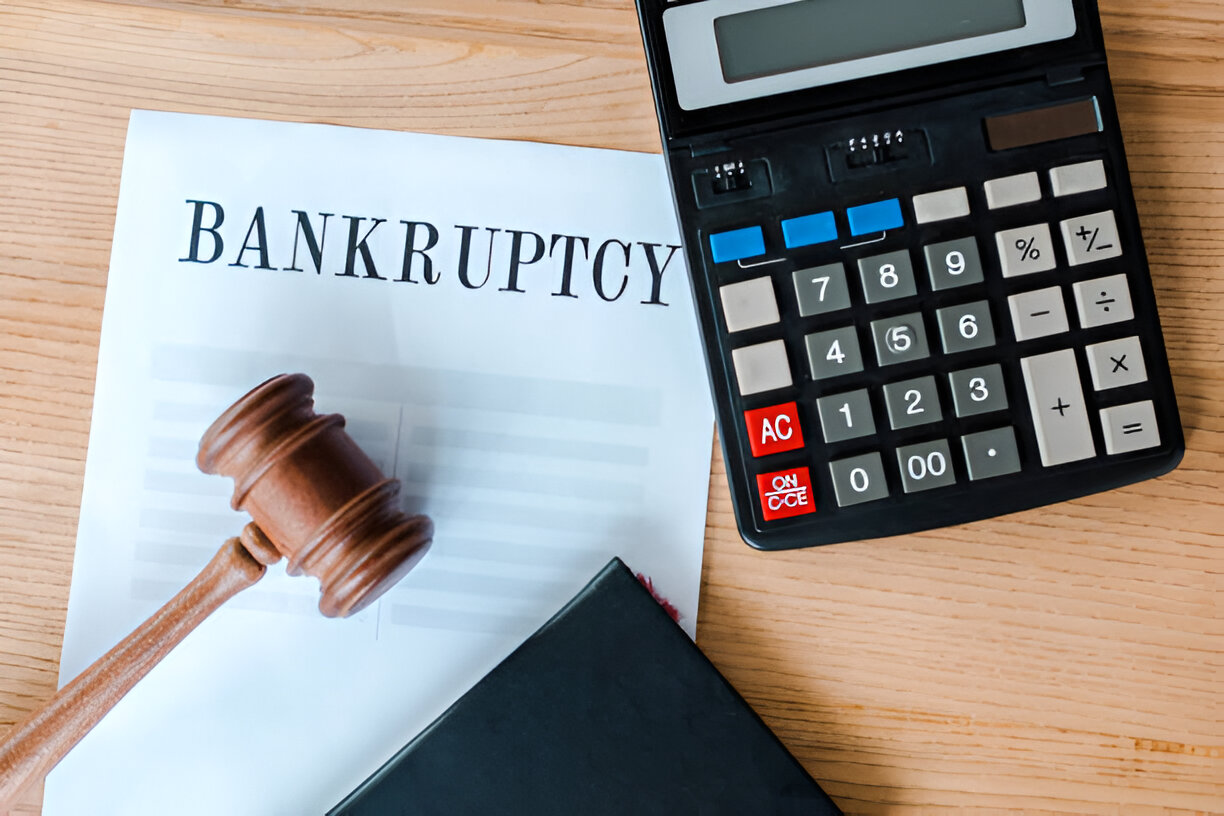Can my bankruptcy discharge be denied?
Yes, pursuant to 11 U.S.C. § 727, the debtor’s discharge may be denied in a Chapter 7 case for the following reason: (1) the debtor failed to keep or produce adequate books or financial records; (2) the debtor failed to satisfactorily explain any loss of assets; (3) the debtor committed a bankruptcy crime such as […]






